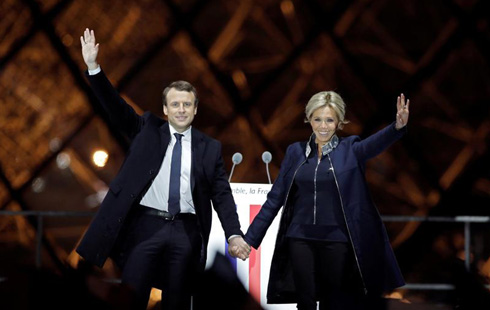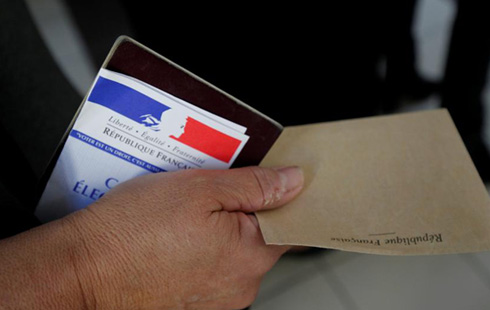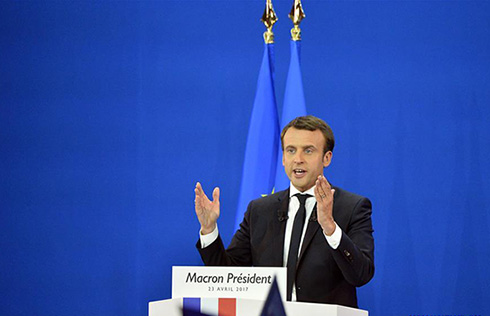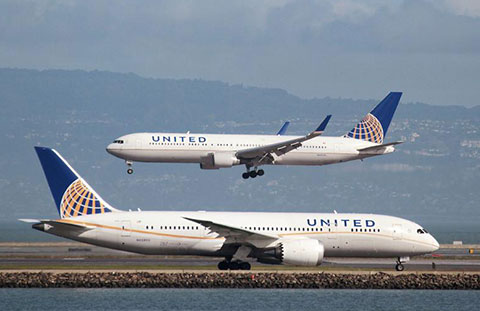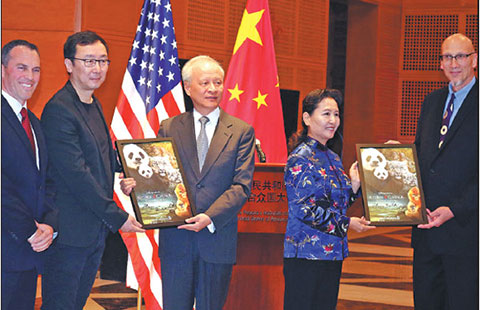The Korean nuclear issue: Past, present, and future – A Chinese perspective
The Six-Party Talks
The first round of the Six-Party Talks was held in Beijing on August 27-29, 2003, and was opened by Chinese Foreign Minister Li Zhaoxing. Wang Yi, then the vice foreign minister, headed the Chinese delegation. The heads of the other delegations were James Kelly, the U.S. assistant secretary of state for East Asian and Pacific affairs; Kim Yong-il, the DPRK's deputy foreign minister; Alexander Losyukov, the Russian deputy foreign minister; Lee Soo-hyuck, the ROK's deputy minister of foreign affairs and trade; and Mitoji Yabunaka, the director-general for the Asian and Oceanian Affairs Bureau of Japan's Ministry of Foreign Affairs.
North Korea remained firm in sticking to a package settlement of the nuclear issue. It proposed a four-stage resolution, with each stage requiring "simultaneous action" from the United States.
The United States, however, did not accept the whole package and stressed that North Korea should take the first step, and must denuclearize with "complete, verifiable and irreversible dismantlement" before its security guarantee could be discussed.
It is worth mentioning that later that year Libya made an announcement that was likely to have an impact on the future of Six-Party Talks. In December 2003, Libyan leader Moammar Gadhafi announced that his country would "thoroughly give up weapons of mass destruction" and accept inspections by the IAEA. Libya handed over all of its nuclear research and development results. The U.S. then lifted its sanctions on Libya as well as its label as a state sponsor of terrorism, and established diplomatic ties. For a time, in the eyes of the Western world, Libya became a poster child for non-proliferation. The U.S. hoped that this would also affect North Korea's thinking. Whether it did or not, the dramatic developments of the Libyan uprising and its aftermath eight years later very likely made a profound impact on North Korea's attitude.
When the second round of Six-Party Talks was held in Beijing on February 25-28, 2004, the talks focused on resolving the nuclear issue and the measures to be taken as the first steps. During the talks on how North Korea should denuclearize, the U.S. suggested that Pyongyang should follow Libya's example: to first give up its nuclear program and then accept inspections by the IAEA. China, Russia, and South Korea were more inclined to advocate for the "Ukraine Model" and stressed that if North Korea took the initiative to denuclearize, its sovereignty should be respected and its security guaranteed.
The Six-Party Talks issued their first written document, the Chairman's Statement, in which each party expressed that it was dedicated to the objective of denuclearization of the Korean Peninsula and to resolving nuclear issues peacefully through dialogue. All parties also stated that they wished for peaceful coexistence, and they agreed to resort to mutually coordinated measures to address the nuclear issue and other concerns.
From June 23 to 26 of the same year, the third round of the Six-Party Talks was held. The North Koreans still insisted on "freezing for compensation" but for the first time stated that the freeze was for the final purpose of denuclearization. The U.S. also showed some flexibility and proposed a formula for a five-stage denuclearization. Although no substantive agreement was produced, one important consensus reached was the principle of "adopting a progressive method" and a "‘word-to-word' and ‘action-to-action' manner" for achieving a solution to the Korean nuclear issue. In other words, the U.S. and North Korea should take steps simultaneously.
China continued with the mediation efforts, and it was not until 13 months later that the fourth round of the Six-Party Talks took place. The main reason for the break was that George W. Bush started campaigning for re-election. Wanting to appear as taking a tougher position toward North Korea, he called the North Korean leader a "tyrant" and referred to the country as "a tyranny outpost." Pyongyang was concerned about the changes in the American attitude. To add to the concern, South Korea admitted in early September 2004 that it had secretly extracted weapons-grade plutonium and enriched uranium materials, and the IAEA took no action against this development. North Korea reacted strongly and, on February 10, 2005, announced that it had already manufactured nuclear weapons and would indefinitely suspend its participation in the Six-Party Talks. This in turn led to the U.S. imposing financial sanctions against North Korea for the first time.
After much coordination, including China's shuttle diplomacy, the fourth round of Six-Party Talks was held in Beijing and was split into two phases: the first from July 26 to August 7, 2005, and the second from September 13 to 19 of the same year. These lengthy meetings proved to be very fruitful and resulted in the Joint Statement of the Fourth Round of the Six-Party Talks (hereafter, the September 19 Joint Statement). This important document successfully reflected all parties' concerns. North Korea, for the first time, promised to give up all of its nuclear weapons and its current nuclear program, and South Korea also clearly expressed that it would not develop nuclear weapons. The U.S. agreed to discuss the provision of light water reactors to North Korea at an appropriate time and, for the first time, together with Japan, promised to take measures to normalize relations with North Korea. Meanwhile, a peace mechanism on the Korean Peninsula was mentioned for the first time.
As a road map for resolving the issue, the September 19 Joint Statement offered a glimmer of hope. But this was clouded by further U.S. financial sanctions against North Korea, which were enacted soon after.








